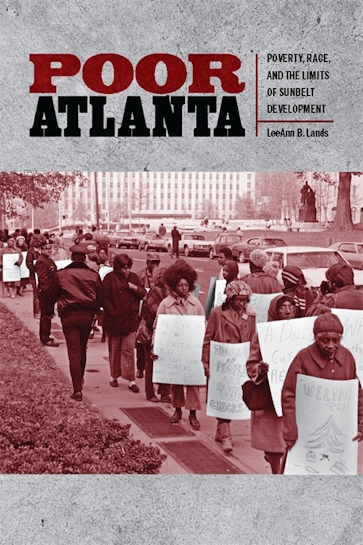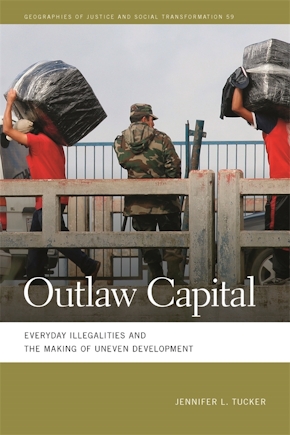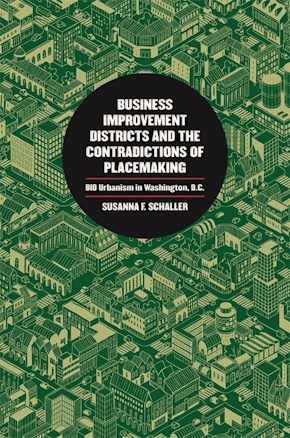Poor Atlanta
Poverty, Race, and the Limits of Sunbelt Development
Title Details
Pages: 296
Illustrations: 15 b&w images
Trim size: 6.000in x 9.000in
Formats
Paperback
Pub Date: 01/15/2023
ISBN: 9-780-8203-6328-8
List Price: $31.95
Hardcover
Pub Date: 01/15/2023
ISBN: 9-780-8203-6329-5
List Price: $114.95
eBook
Pub Date: 01/15/2023
ISBN: 9-780-8203-6327-1
List Price: $31.95
eBook
Pub Date: 01/15/2023
ISBN: 9-780-8203-6828-3
List Price: $31.95
Related Subjects
POLITICAL SCIENCE / Public Policy / City Planning & Urban Development
HISTORY / United States / State & Local / South (AL, AR, FL, GA, KY, LA, MS, NC, SC, TN, VA, WV)
Poor Atlanta
Poverty, Race, and the Limits of Sunbelt Development
A revealing citywide analysis of antipoverty organizing in late twentieth-century America
Skip to
- Description
- Reviews
Poor Atlanta looks at the poor people’s campaigns in Atlanta in the 1960s and 1970s, which operated in relationship to Sunbelt city- building efforts. With these efforts, city leaders aimed to prevent urban violence, staunch disinvestment, check white flight, and amplify Atlanta’s importance as a business and transportation hub. As urban leaders promoted Forward Atlanta, a program to, in Mayor Ivan Allen Jr.’s words, “sell the city like a product,” poor families insisted that their lives and living conditions, too, should improve.
While not always operating within public awareness, antipoverty campaigns among the poor presented a regular and sometimes strident critique of inequality and Atlanta’s uneven urban development. With Poor Atlanta, LeeAnn B. Lands demonstrates that, while eclipsed by the Black freedom movement, antipoverty organizing (including direct action campaigns, legal actions, lobbying, and other forms of activism) occurred with regularity from 1964 through 1976. Her analysis is one of the few citywide studies of antipoverty organizing in late twentieth-century America.
—Wesley G. Phelps, author of A People’s War on Poverty: Urban Politics and Grassroots Activists in Houston
—Timothy J. Minchin, author of America's Other Automakers



